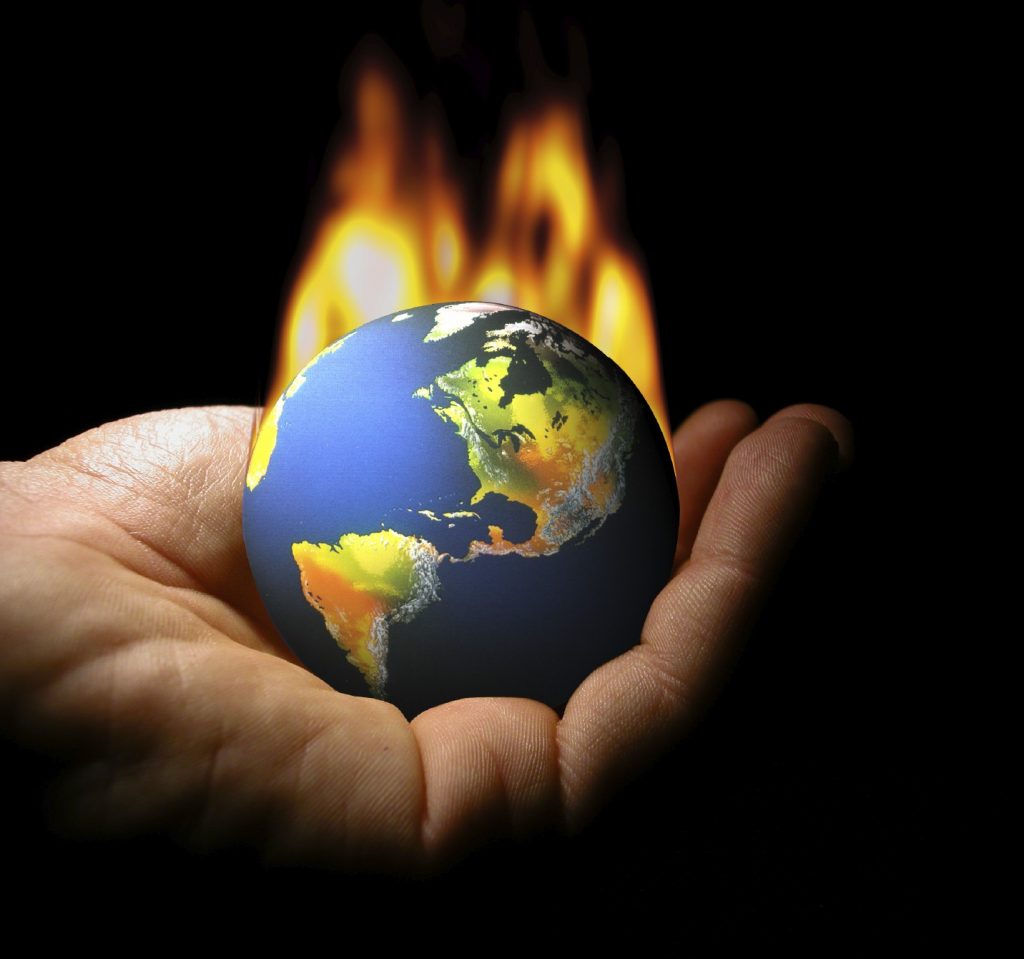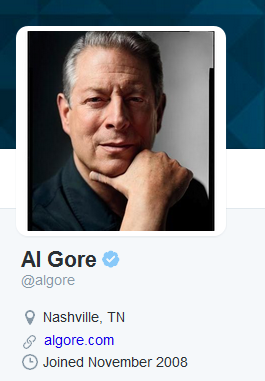
By Nathalie Beasnael
Former US Vice President Al Gore has been making headlines for his claims that we can solve climate change without engaging fossil fuel industries.
He recently said that fossil fuel interests have “captured” UN climate negotiations: “They captured the UN process to a disturbing degree, even putting the CEO of one of the largest oil companies in the world in as president of COP28.”
Elsewhere, he’s demanded that investors stop taking any money from fossil fuel industries, and that they should simply ‘get out the way’ in the climate battle.
This is not merely sensationalism, it’s a pernicious conspiracy theory. Al Gore’s claim that the COP28 presidency is a result of “They” (a catch-all for the entire global fossil fuel industry) conspiring to install an oil executive to the COP28 presidency is irresponsible nonsense that undermines our last best hope of avoiding dangerous climate change.
The process of choosing who hosts a COP summit is not decided by the fossil fuel industry, but managed by a well-known United Nations process.
My colleague Ibrahim Ozdemir, a UN environment advisor with whom I’ve co-authored the report COP28: Progress or Regression?, knows how the system works. The decision of who will host the next COP summit has nothing to do with fossil fuel companies, but is rotated democratically. Countries consult about who will represent their region, and their decision is assessed by the Secretariat that runs the UN Framework Convention on Climate Change.
Al Gore’s claims obscure the fact we cannot simply ‘switch off’ fossil fuels. Even if we triple renewable energy this decade as the IEA and COP28 presidency call for, we’ll keep using fossil fuels for decades. Only by working with the industry can we slash emissions.
Perhaps the former vice president forgot that as many as 98 countries are oil producers (after all, 80% of global energy still comes from oil, gas and coal). If Al Gore had his way, they’d all be banned from ever hosting a UN COP climate negotiation.

That’s a problem – because many of oil producing countries are developing nations in the Global South, including the UAE, which chairs the coming UN COP28 summit. Al Gore’s grand plan, in other words, is to exclude much of the developing world from global climate talks – including my country of origin, Chad, which I represent here in the US as Honorary Consul
This highlights the biggest weakness in Western climate narratives – demonising the industries and countries where most action is needed. Al Gore so busy criticising fossil fuel industries wholesale that he fails to see the nuances. For instance, we need to stop Western fossil fuel giants like ExxonMobil exploiting African countries like Chad for their own profits, effectively undermining African wealth, while simultaneously damaging the climate – which is why Chad recently nationalised our oil and gas assets appropriated by Exxon. But countries like Chad need a viable pathway to mobilise their own resources using clean technologies – whether it’s accelerating renewables, or using carbon capture.
That’s why I welcome a national oil producing country hosting the next UN climate summit – because my research suggests that COP28’s strength is precisely because, not in spite, of being hosted by a national oil producer.
Our report is co-authored with seven other Global South scholars, political advisors and experts from Turkey, the Commonwealth of Dominica, Nigeria, Kenya, Chad, the Gambia and Bangladesh. Published by Istanbul’s Uskundar University in association with the UN-accredited Caribbean-ASEAN Council, we used historical and empirical data to compare the agenda and actions of the last five COP presidencies.
To our surprise, we discovered that the COP28 agenda represents the most ambitious ever in the history of the UN climate summits. For the first time, COP28 attempts to strike a balance recognising the needs of developing countries struggling with energy poverty.
Contrary to widespread assumptions among our fellow environmental activists, we found that the COP28 presidency’s unprecedented emphasis on tripling renewables and phasing out fossil fuel emissions, makes it the most ambitious agenda yet for a UN climate summit.
In his landmark speech to the UN Climate Ambition Summit at the recent General Assembly meeting in New York, COP28 president Dr Sultan Al Jaber declared that the “phasedown” of fossil fuels is both “inevitable” and “essential”. Such language on the inevitable decline of oil has never been put forward by a COP president before.
Yet he also acknowledged that with emerging markets driving growth in demand, we cannot simply eliminate fossil fuels when the new energy system has not yet been built. He urged countries to come to the table to agree on a “rapid phase up of zero carbon alternatives” as well as to “rapidly and comprehensivelydecarbonise the energies we use today.”
To keep global warming below 1.5 degrees Celsius, he warned, we have to simultaneously grow our energy supply while slashing 22 gigatonnes of carbon emissions all within the next seven years.
Al Gore’s approach – excluding all oil producing nations and industries from global climate negotiations – offers no feasible way to achieve this.
In contrast, the rigorous assessment that I and my colleagues undertook suggests that Dr Al Jaber’s plan is the best one yet to be tabled for a UN climate summit.
Tripling renewable energy capacity in the next seven years, for instance, will reduce its costs to around a quarter of the current cost of fossil fuels, a prospect that would drive them to rapidly outcompete fossil fuels well within the next 20 years.
But what do we do about the continued emissions from the existing fossil fuel system? Dr Al Jaber is calling for a global agreement to both “phasedown” fossil fuels, and “phaseout” fossil fuel production where carbon emissions are not captured. We agree: ramping up carbon capture as quickly as possible is the only way to reduce emissions from ongoing fossil fuel production while we are still in the process of building out renewable energy.
Developing countries like Chad need support from developed nations to do this – not blame and exclusion.
Although carbon capture is not yet commercially viable, our report points out how partnering with renewable energy could make it commercial in the late 2020s. None of this can be achieved by excluding the energy sector from these pivotal negotiations. On the contrary, governments need to use both sticks and carrots to get fossil fuel industries to move as rapidly as possible.
Finally, Dr Al Jaber’s herculean efforts to push for comprehensive reform of the international financial system are unprecedented. No COP previous presidency has ever attempted such a thing, or called for such a root and branch transformation of the global economic order.
He is the first COP president to have convened a high-level expert panel explicitly dedicated to restructuring climate financing. Dr Al Jaber’s plan is to make finance low-cost and reduce debt burdens, to finally unlock the trillions of dollars the developing world desperately needs to fast-track their energy transitions while simultaneously industrialising.
Al Jaber has also criticised the lack of commonly-agreed standards for carbon credits, which has allowed polluters to use carbon offsets to keep polluting by buying up land in developing nations. That’s why earlier this year the COP28 president convened a high-level roundtable with former Bank of England chairman Mark Carney to create new “high integrity” rules and standards to enable carbon markets to channel hundreds of billions of dollars to nature-based climate solutions and phasing out coal.
Al Gore’s tirades generate attention – but ultimately they are confusing environmental activists, distracting them from recognising how COP28 offers our best chance of an unprecedented global climate deal.
If successfully adopted by world governments, our research supports the verdict that Dr Al Jaber’s plan can fast-track a just energy transition that protects lives and livelihood. Al Gore should get behind it.
Bio
Nathalie Beasnael is a diplomatic envoy, a social entrepreneur, humanitarian and philanthropist. She is the founder of the Health4Peace non-profit which provides medical supplies to hospitals in the rural areas of Chad, Senegal, Ghana, South Africa, and Nigeria and holds a board position as Director of Community Affairs with Upward African Woman. She is an author of the new report, COP28: Progress or Regression? An Empirical and Historical Comparative Analysis of COP Summits.











